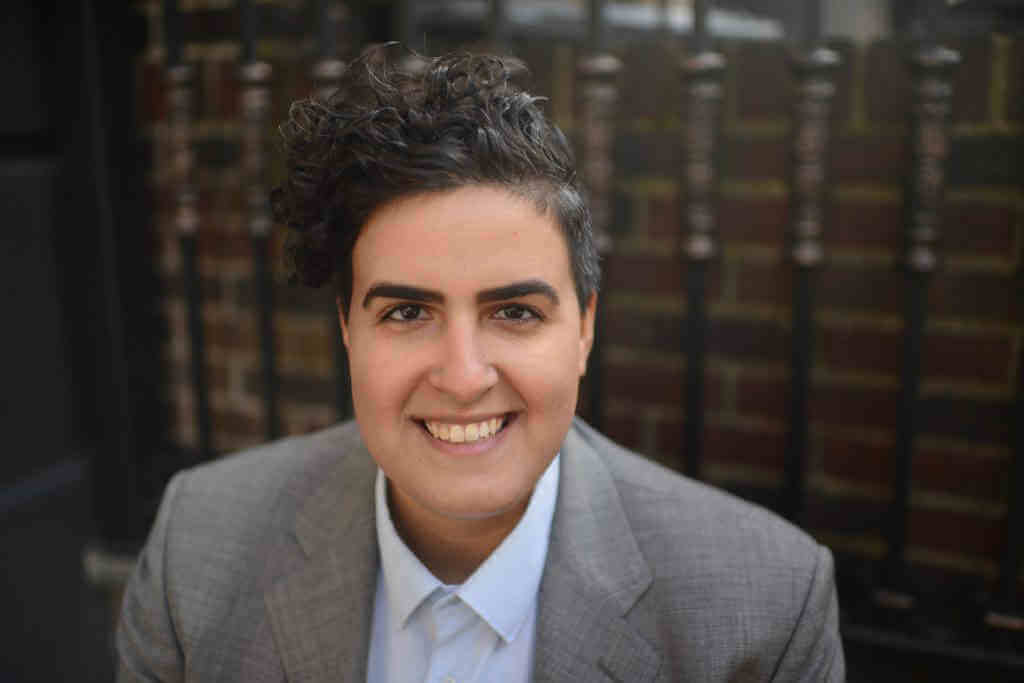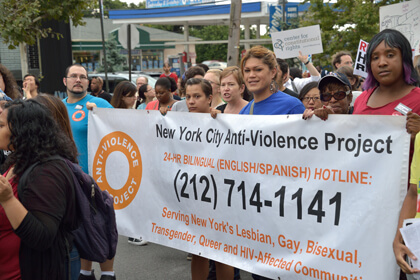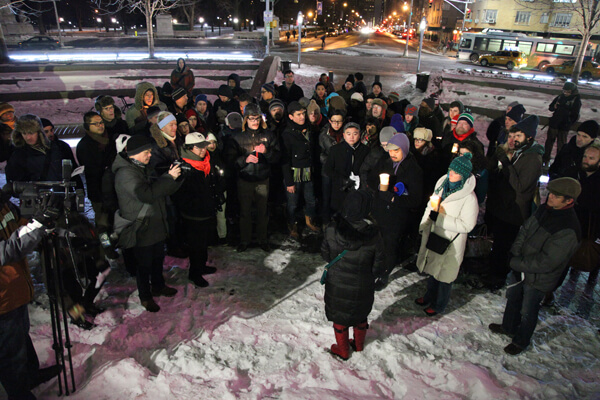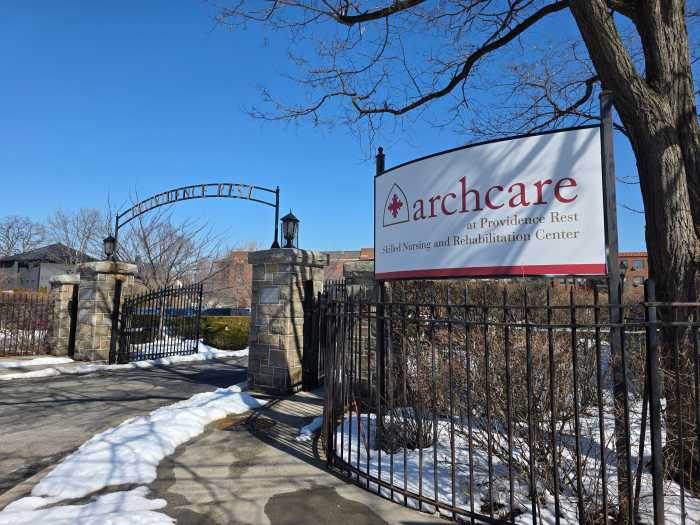A cross section of formerly incarcerated trans folks, community leaders, advocates, attorneys, and government officials have joined a new city task force aimed at addressing problems facing transgender, gender nonconforming, non-binary, and intersex (TGNCNBI) people in city custody.
The New York City Board of Correction (BOC), an oversight body, announced the roster on October 1, complying with legislation enacted earlier this year to safeguard TGNCNBI people amid numerous cases — both locally and nationally — of trans people suffering from mistreatment while incarcerated. The Department of Correction (DOC) flat-out opposed the task force bill and blasted it during a May 1 City Council hearing when a department official said it should not exist if it consists of members who lack correctional services backgrounds.
Still, the City Council moved ahead with the measure, easily passing it — even before the issue of trans folks in custody took on new urgency with the death of Layleen Xtravaganza Cubilette-Polanco, a trans woman of color, who was alone in a restrictive housing cell on Rikers Island when she suffered seizures caused by epilepsy. She also suffered from schizophrenia, and both conditions were known to prison officials.
Among the many members of the task force are Chase Strangio, deputy director for transgender justice at the ACLU LGBT and HIV Project; Kimberly Mckenzie, director of outreach and community engagement at the Sylvia Rivera Law Project; and Sophie-Rose Cadle, a youth TGNCNBI policy advisor and community organizer for Port Source Youth, a nationwide group that works to end homelessness among young people.
The BOC, in a written statement, said that members of the new task force will make recommendations on issues including mental health treatment and other resources for TGNCBI people in custody, staff training practices, and the DOC’s inmate intake process. The law requires the members to meet quarterly for the next five years and to produce an annual report.
Task force member Briana Silberberg, a community organizer at the New York City Anti-Violence Project, told Gay City News she plans to push, among other issues, the importance of bolstering communication-related resources for inmates.
“Incarcerated trans folks need to be able to have a line to the outside so they have someone to reach,” Silberberg said. “We need to make sure folks don’t get into situations like what happened with Layleen Polanco.”
Silberberg acknowledged that as a white trans woman who is not incarcerated, she is only indirectly impacted by many of the issues faced by the trans women of color who have been victimized in the criminal justice system. But, she said, her personal experience as a transgender woman and as a community organizer will inform her contributions to the task force.
Other members are joining the task force armed with legal experience representing trans clients in city jails. Deborah Lolai, a criminal defense attorney and LGBTQ crime specialist with the Bronx Defenders, a public defender nonprofit, will use her role on the task force to advocate for the rights of incarcerated trans folks to be housed in accordance with their gender identity. She tore into the DOC at the May 1 hearing when she testified that the agency had not followed Mayor Bill de Blasio’s executive order stipulating that inmates be housed in a manner consistent with their gender identity.
“The department has come a really long way from the way they used to treat trans people,” Lolai said in an interview with Gay City News on October 2. “But the reality is that better is not good enough. The majority of trans women in DOC custody are still housed with men. Contrary to what the department has said in the past, they are not in men’s jail by choice.”
The discussion surrounding incarcerated trans folks has focused on trans women, especially as that demographic faces heightened violence and marginalization nationwide, but Lolai stressed that the DOC is also failing to provide adequate housing for gender non-binary individuals and trans men. That issue has largely been out of the public spotlight, she said.
“With trans men, what we have seen is that they’re always housed in female facilities. They are never housed in the men’s facilities,” Lolai explained. “Sometimes that is by choice, sometimes it is not. The problem is there is no alternative. When we’re talking about non-binary folks, there is nowhere that would be affirming for them.”
The DOC confirmed to Gay City News in June that although there is a housing unit for trans women within the Rikers female facility, there is indeed no dedicated housing unit for trans men. The agency did not elaborate on the housing arrangements for non-binary folks.
Lolai said she hopes she can successfully advocate for changes regarding how the city determines housing assignments for incarcerated individuals as well as the medical and mental health services they receive and the safety of folks who are not housed consistent with their gender identity.
Beyond specific areas of improvement, however, Lolai said it is important that the city eradicates a “really deep culture of transphobia in the DOC.” The department’s hiring in June of Elizabeth Munsky as the director of LGBTQ+ initiatives is a positive step, Lolai said, but there’s far more work to do.
Silberberg and Lolai confirmed that the BOC has yet to schedule any meetings for members — the task force was announced just one day before they spoke to Gay City News — but both expressed a cautious optimism that they will be able to use their roles to help generate change.
“We are excited about the potential for this task force,” Silberberg said. “This is something that’s overdue.”





































